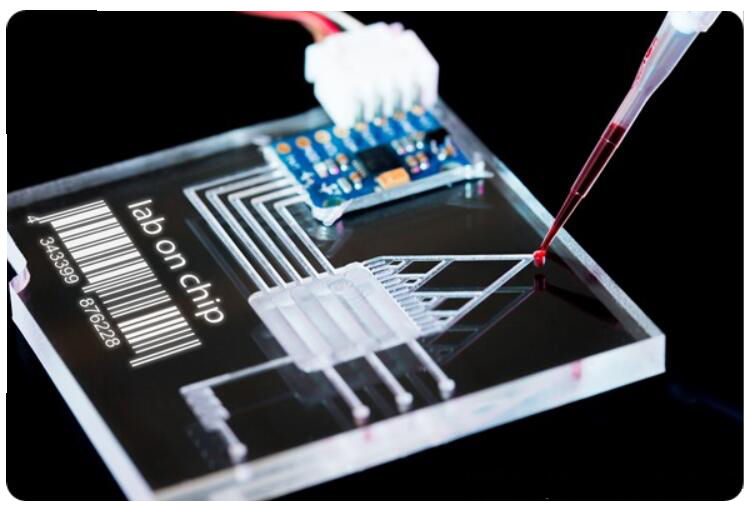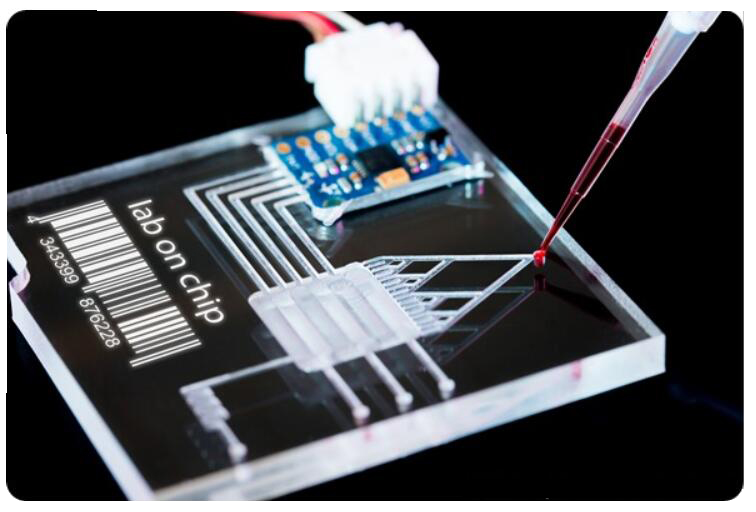The amplification speed is increased by the smaller size of microfluidic chips, which also result in a significant reduction in PCR volume. Reducing the amount of Taq polymerase used has the potential to significantly lower test costs. In line with this, fewer reagents mean less hazardous waste to be disposed of, and fewer opportunities for error and contamination throughout the additional experimental stages. Additionally, the system could show how numerous reactions—from DNA extraction to several downstream procedures (PCR and electrophoretic analysis)—might be integrated onto a single microdevice.
Learn more: https://microfluidics.creative-biolabs.com/polymerase-chain-reaction-on-microfluidic-chips.htm


